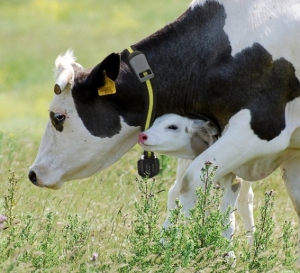News
Dairy Farmers Tackling Environmental Issues, Says Report

The independently audited report, Sustainable Dairying: Water Accord 'Three Years On', shows that 97 per cent of dairy cattle are fenced off from waterways on farms. That equals 26,197km of measured Accord waterways excluded from dairy cattle or the equivalent of 12 trips by road from Cape Reinga to Bluff.
National levels of significant non-compliance for dairy effluent systems on farms have dropped to their lowest ever, at 5.2 per cent (down from 7 per cent in 2013-14).
Eighty-three per cent of farmers (compared to 56 per cent in 2013-14) are now getting nitrogen information to help them farm more responsibly – with 9,517 nutrient budgets processed last year. The nitrogen management programme collects data to show nitrogen loss on-farm. This enables farmers to make improvements to their farm systems to reduce nitrogen loss and improve efficiency of use.
More than 99 per cent of 44,386 regular stock crossing points on dairy farms now have bridges or culverts to protect local water quality.
DairyNZ CEO Dr Tim Mackle says it’s heartening to see what farmers have achieved in the past three years.
Dr Mackle said: "I acknowledge that there is still some work to do, but dairy farmers are making a positive difference.
"They have made great strides since the Sustainable Dairying: Water Accord was launched in 2013. Dairy farmers made a commitment to good management practices and the actions they have taken, both large and small, are reflected in these results. The really special thing is that they have made this commitment voluntarily, and I take my hat off to them."
Dairy Companies Association of New Zealand executive director Kimberly Crewther says that since the Sustainable Dairying: Water Accord was launched in 2013, the industry has made significant progress on meeting it’s environmental commitments.
"The annual process of independent auditing of results gives a high degree of assurance that real progress is occurring against targets," she said.
For further information on the Water Accord, please click here.
TheCattleSite News Desk























